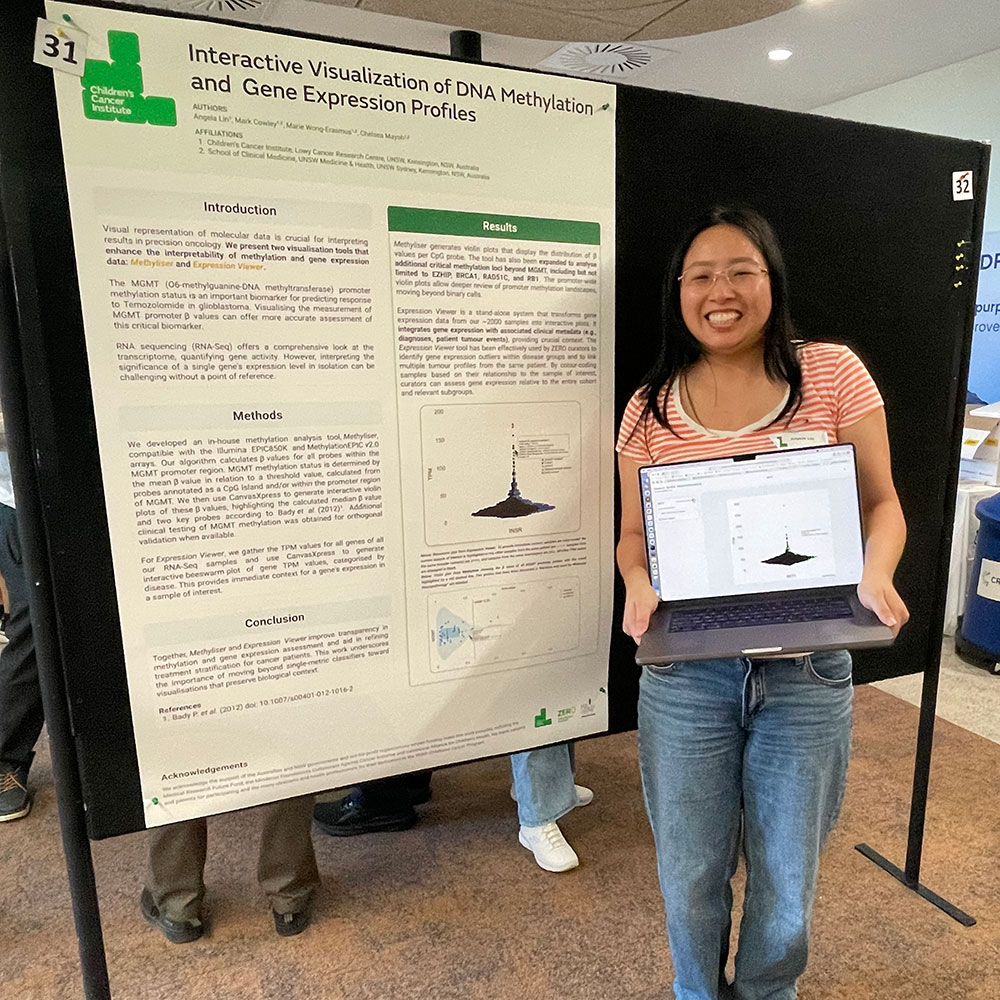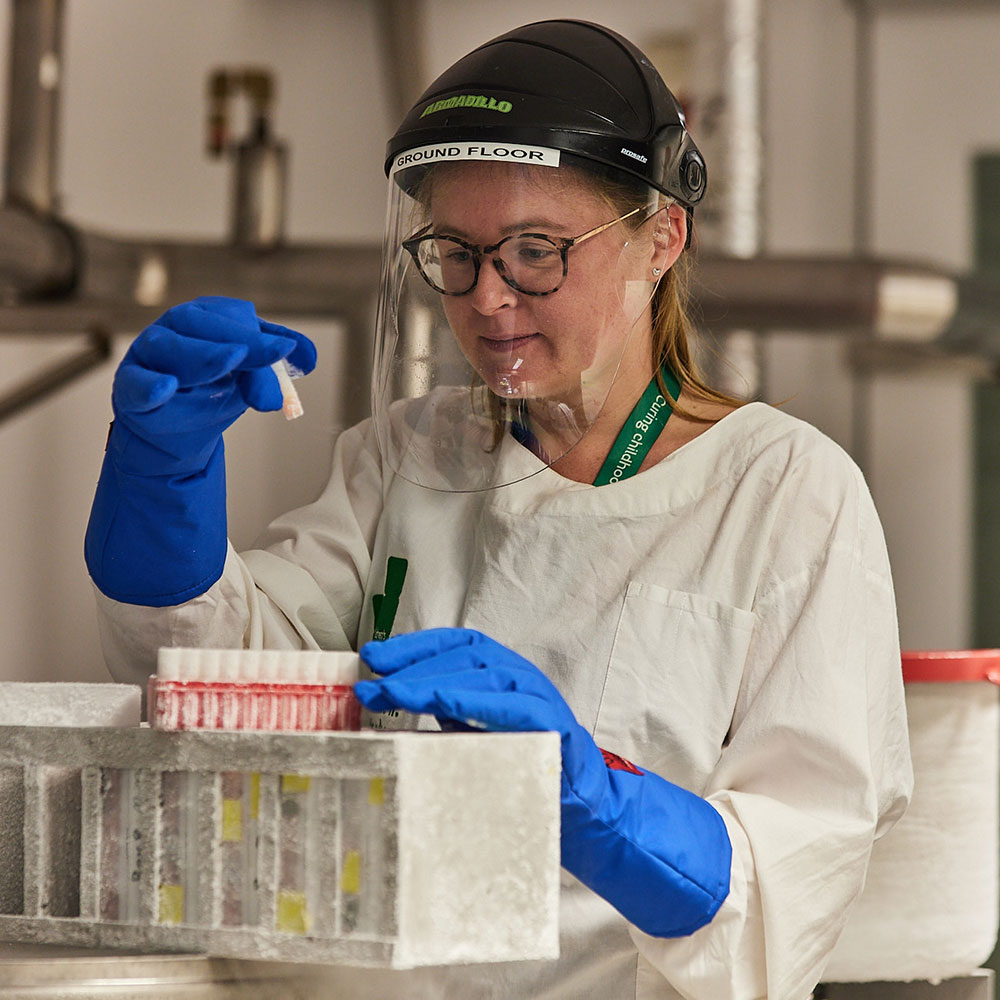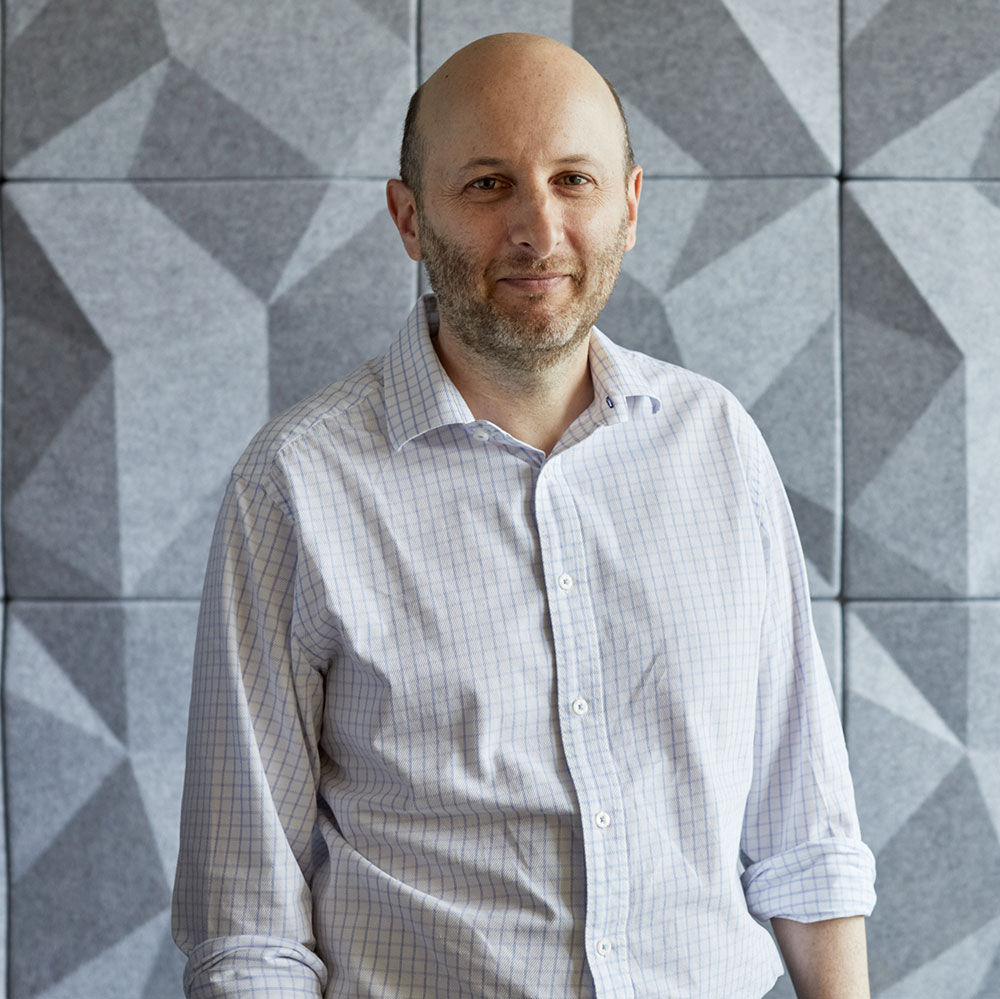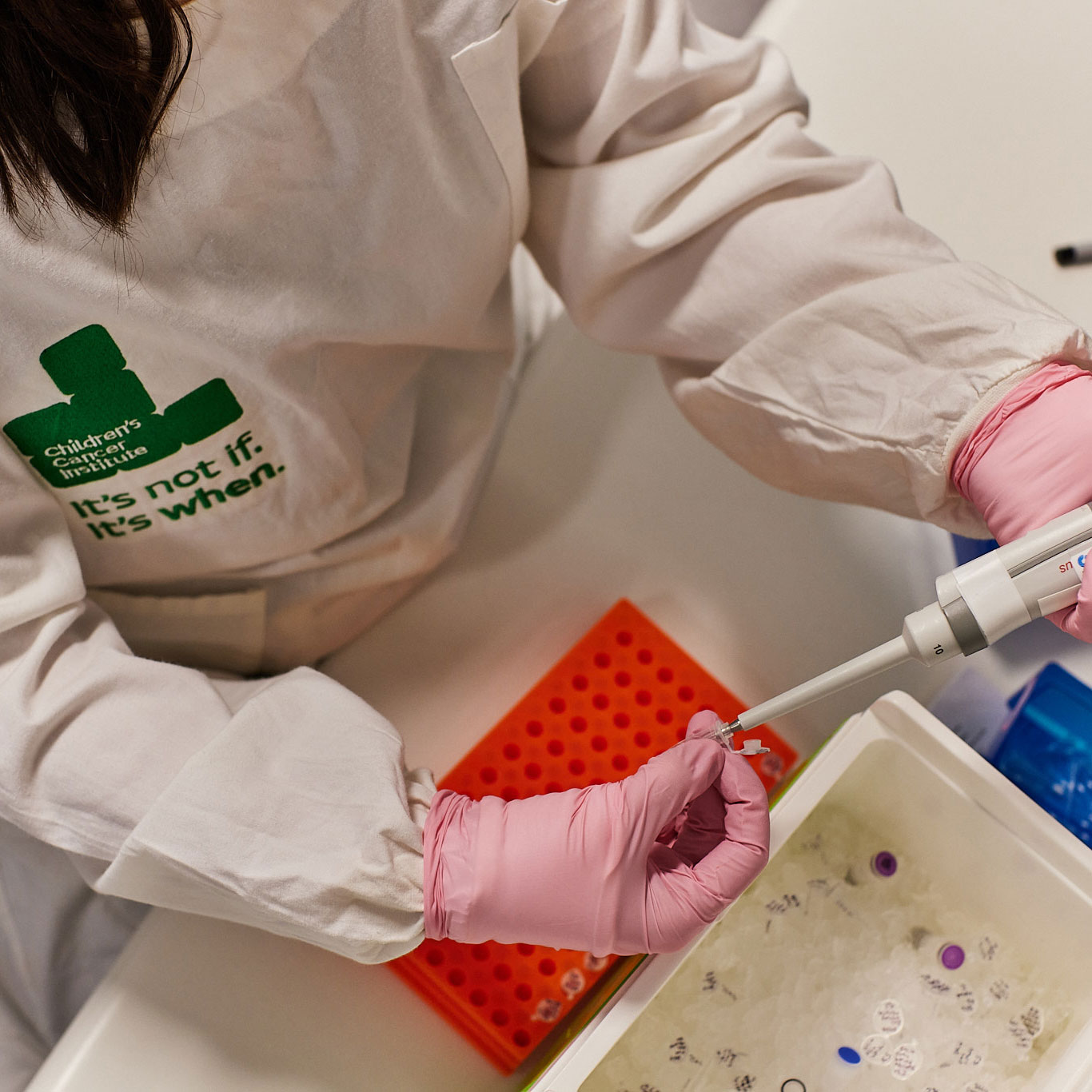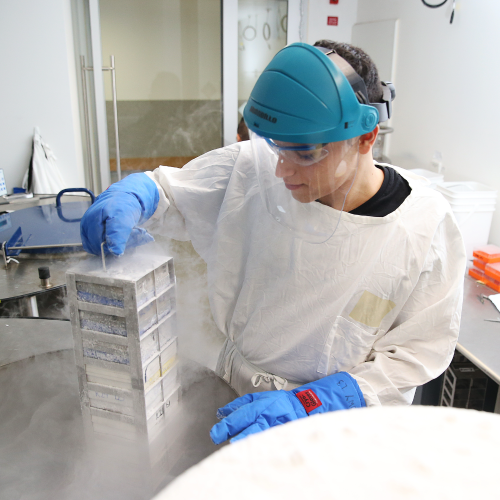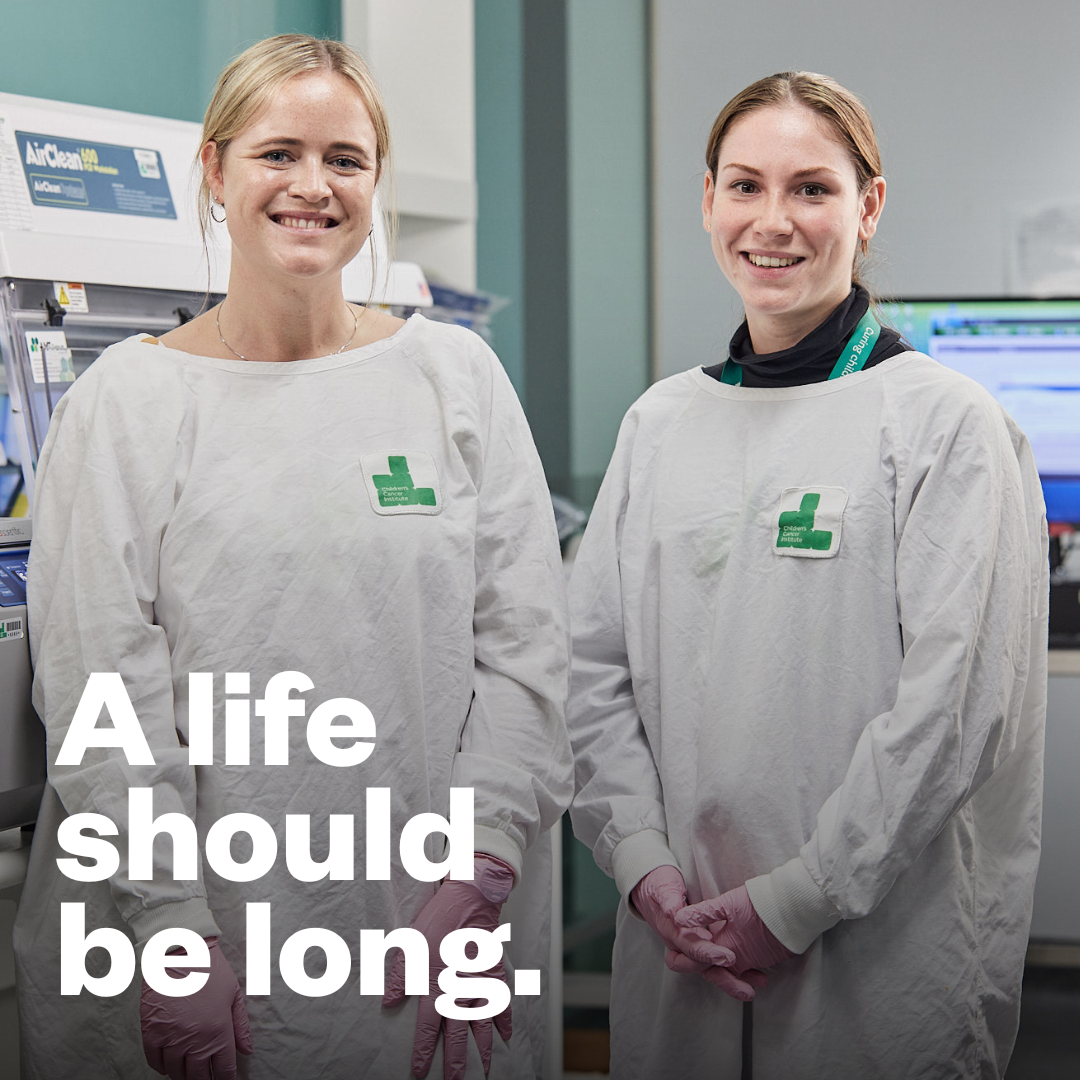Cancer Therapeutics CRC
Cancer Therapeutics CRC – CTx for short – is an oncology focused small molecule drug discovery and early development biotechnology group, established in 2007 under the Australian government’s Cooperative Research Centre (CRC) initiative. This program supports collaborations between industry, researchers and the community, to accelerate development and commercialisation of promising scientific research.
CTx’s unique partnership model leverages the capabilities and expertise of its Industry Participants with those of a number of Australia’s pre-eminent Medical Research Institutes and Universities. Children’s Cancer Institute joined CTX in 2014 and is today one of 16 partners.
Some partners contribute expertise in research, others in clinical trials, others in industry, others in health, education and advocacy.
In the business of finding cures for cancer
CTx’s collaborative research and business model enables it to discover and develop new drug candidates and then to commercialise them.
This model is proving very effective. Since it began, CTx has had commercial outcomes from 6 of its programs.
In January 2016, one of its programs (called PRMT5, after the drug’s target) was licensed to MSD (known as Merck in the US & Canada) in one of the largest pre-clinical licensing deals in Australia.
The deal included an upfront payment of US$15M, with the potential for a further US$500M in development milestones and royalties on future sales.
In October 2018 CTx announced a license agreement with pharmaceutical company Pfizer Inc. Through this deal Pfizer gained the rights to two novel pre-clinical cancer programs targeting proteins important in driving both solid and blood cancers. CTx received an upfront payment of US$14.2M, as well as a potential US$460 million in development and sales milestones.
Payments from these deals are shared amongst CTx’s partners. Many partners chose to reinvest their share back into CTx.
Collaboration is the key
Why has CTx been so successful? Because it combines scientific originality and excellence with sound business practices.
A team of scientists located on more than 7 sites provides a suite of tools and technologies to identify and develop new drugs, interacting in real time as results come through.
Science Leads who are experts in their field (whether that’s cell biology, medicinal chemistry or immune-oncology) manage individual programs, while oversight is provided by a Scientific Advisory Board. Promising drugs enter an established discovery pipeline and must achieve milestones at every stage.

The collaboration between CTx and Children’s Cancer Institute takes many forms. Some of these include:
- Our Drug Discovery Centre performs drug screens and contributes data to many of CTx’s programs, including the PRMT5 program licensed to MSD and the two programs licensed to Pfizer
- Our scientists test drug candidates in pre-clinical models of neuroblastoma
- CTx was the founding investor of the national Zero Childhood Cancer personalised medicine program. It committed an initial investment of $5 million over 6 years to help fund research positions, and provides ongoing in-kind contributions.
Dr Poh Sim Khoo is one of the researchers at Children’s Cancer Institute who’s supported by CTx. She’s based in the Drug Discovery Centre, where she’s involved in developing biochemical and cell-based assays, automation and high-throughput drug screening. As the CTx Science Lead, Biology, Dr Khoo is also a project leader within CTx.

“It truly requires a team of people to develop a drug, and it’s satisfying to see what our combined efforts can achieve.”
Dr Khoo has been working with CTx since 2014 and knows first-hand the benefits of our partnership.
“There’s the opportunity for novel, promising targets arising from research performed at Children’s Cancer Institute to be included in the CTx pipeline,” she said. “This provides a pathway to translate our findings into a drug that could ultimately change the outcomes for people with cancer.
“CTx projects involve regular communication and close collaboration with researchers based at a number of other research institutes in Australia including WEHI, Peter Mac, MIPS, CSIRO and GU,” she continued. “Partners benefit from sharing knowledge and skills, and have access to capabilities they may not have on-site, such as medicinal chemistry, protein crystallography and high-throughput screening.”
Dr Khoo really enjoys being involved in CTx projects.
“We work across multiple projects and need to be able to learn new concepts and adapt to changing priorities quickly, so it’s never boring. I also like the collaborative nature of what we do. It truly requires a team of people to develop a drug, and it’s satisfying to see what our combined efforts can achieve.”
The future
Government funding of CTx through the CRC program will end in June 2020. The organisation has already started the process of transitioning to become a self-sustaining oncology drug development organisation.
CTx has fast become a major player in cancer drug discovery, and commercialisation. Children’s Cancer Institute is pleased and excited to partner with it on our mission to cure childhood cancer.



